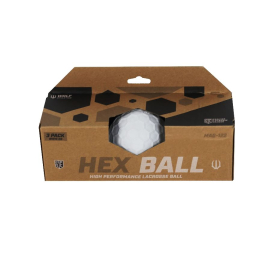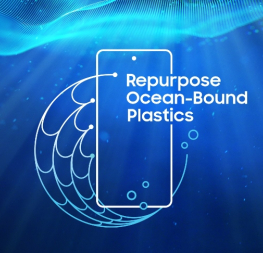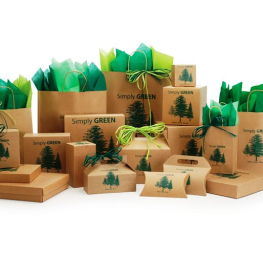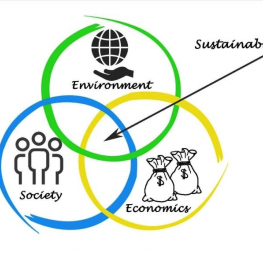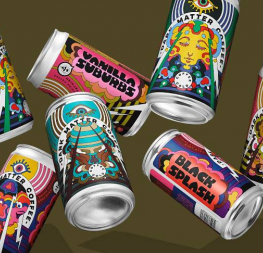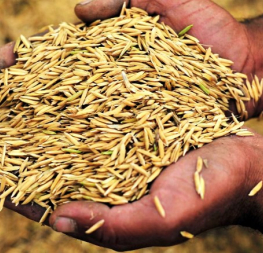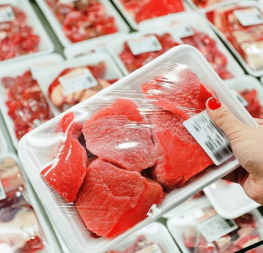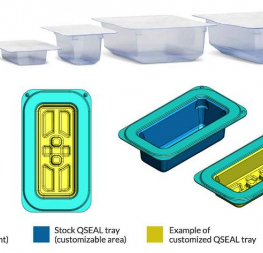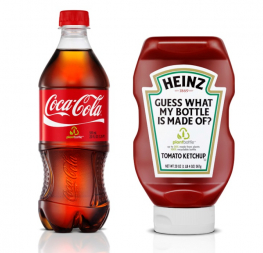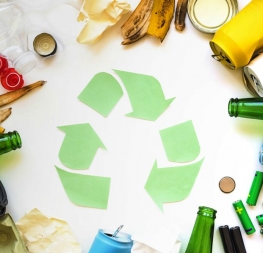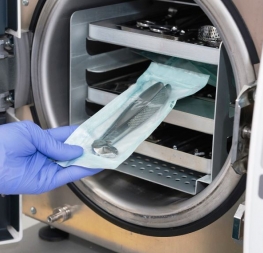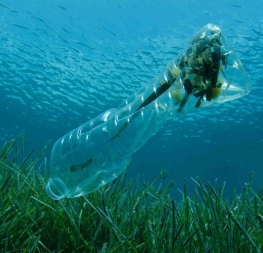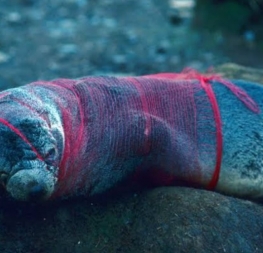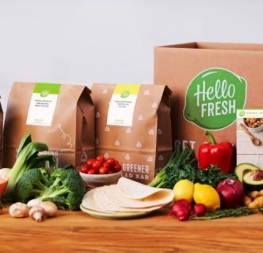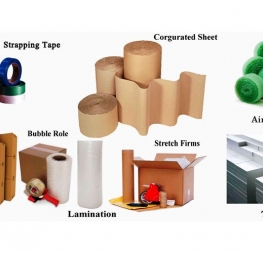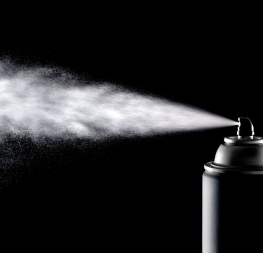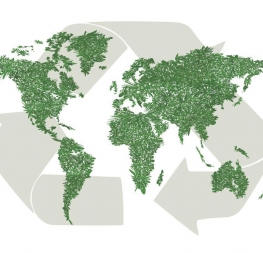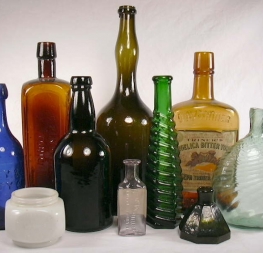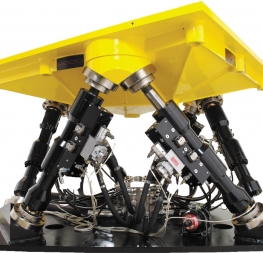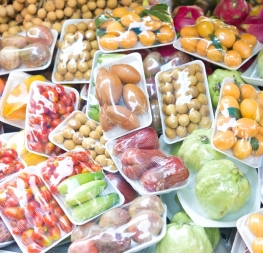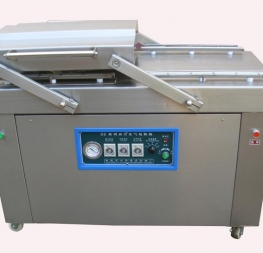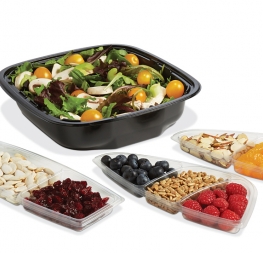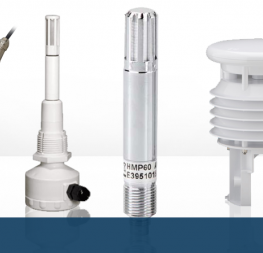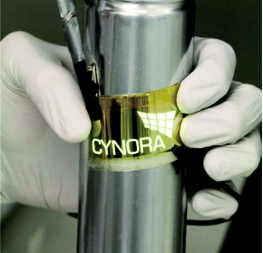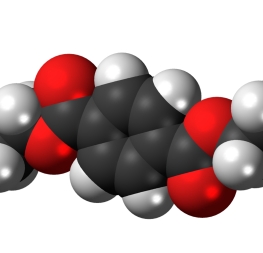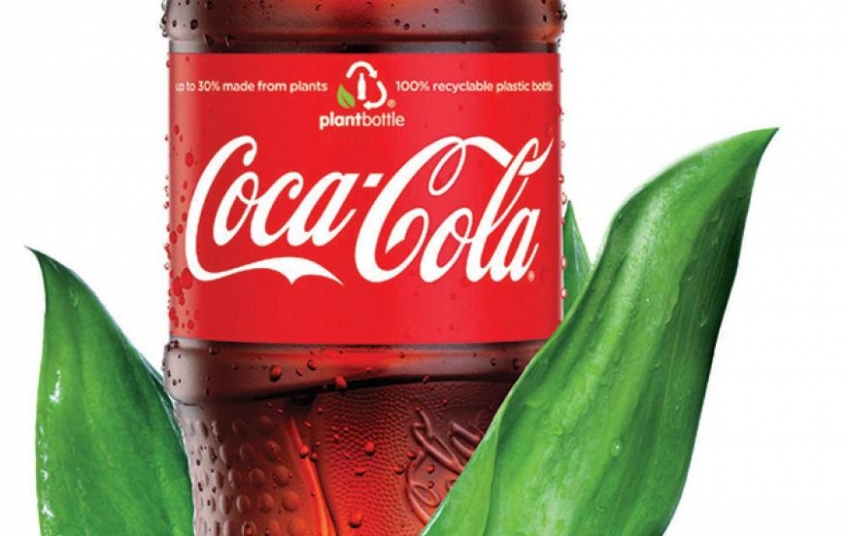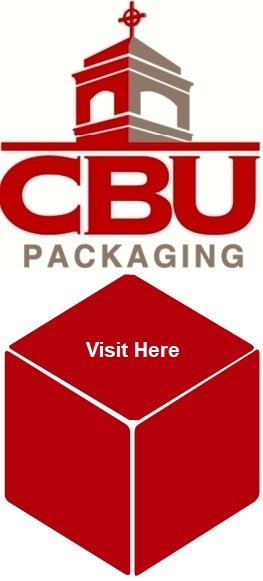In January 2018, Coca-Cola announced an industry first goal to collect and recycle the equivalent of every bottle or can they sell by the year 2030, which is part of the plan called “A world without waste”. This plan also includes steps to produce 100% recyclable packaging, while using 50% already recycled content. James Quincey, President, and CEO of The Coca-Cola Company said: “The world has a packaging problem – and, like all companies, we have a responsibility to help solve it. Through our World Without Waste vision, we are investing in our planet and our packaging to help make this problem a thing of the past” [4].
Packaging affects our global pollution and animal life, an estimated 900 metric tons of plastic waste entered our oceans every hour, potentially harming wildlife, plants, air, and water. Package use and waste is increasing over time, According to the United Nations Environment Programme, global materials use is expected to reach almost 90 billion tons in 2017, three times more than the amount used 1970 [3][7].
To achieve this ambitious goal, Coca-Cola will set up collection and recycling facilities in more than 200 countries, as well as educating consumers on how to properly recycle. Coca-Cola will launch educational plans at regional and local levels, and partner with circular economy experts and organizations, including Ellen MacArthur Foundation’s New Plastics initiative, the World Wildlife Fund, and the Ocean Conservancy/Trash free Seas Alliance.
When produced and disposed of properly, food and beverage packaging can be an important part of our lives. Bottles and cans make it easy to stay hydrated while on the go, they can help drinks stay safe and sanitary, and they can help provide clean drinking water in times of need.
In 2017 Coca-Cola and their bottling partners donated over 1.4 million bottles of water to struggling communities in the immediate aftermath of Hurricanes Irma, Harvey, and Maria. That clean, safe water helped keep people alive, and it was only possible because of modern plastics and water bottling technology. Environmentally safer products are nothing new for Coca-Cola, in 2009 the company introduced PlantBottle™ packaging, a groundbreaking innovation made from up to 30% plant-based materials. The company continues to search for new ways to make plastic more innovative and sustainable. They are currently working to include more recycled material in their plastic products.
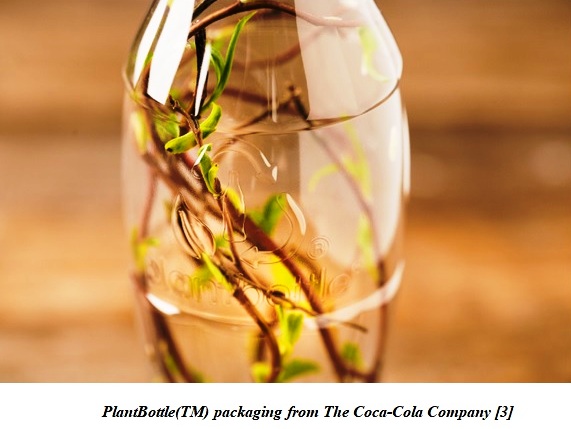
Coca-Cola continues to increase the usage of PET plastic or Polyethylene Terephthalate or PETE. PET plastic is best known as the clear plastic used for water and soda bottles. As a raw material, PET plastic is globally recognized as a safe, non-toxic, strong, lightweight, and flexible material that is 100% recyclable, making it the most recyclable plastic in the world.
PET plastics can be identified by the triangle recycling logo on the package, with #1 in the middle surrounded by three arrows [6]. In 2002 Coca-Cola bottlers joined the Mexican plastics industry and others to create Ecology and Corporate Commitment (ECOCE), a non-profit organization dedicated to encouraging a culture of recycling.
The company also invested to help create the country’s two food-grade PET plastic recycling facilities, IMER and PetStar, contributing to an increase in PET plastics produced. In 2016, Mexico recycled 57% of the PET plastic it produced (up from 9% in 2002), making it the leading country globally for recycling PET plastic. Since 1995, Coca-Cola has been the leading sponsor of the world’s largest volunteer effort on behalf of ocean health—Ocean Conservancy’s International Coastal Cleanup. Over the course of that partnership, the company has helped mobilize 11 million people to clean up 206 million pounds of trash from over 360,000 miles of coastline [1].
No one company, organization, government, or person alone can solve the packaging trash problem. Imagine if every company that sells packaging worked together on this topic. Imagine if these companies were putting their expertise and resources into solving this problem. Working together we can help manage packaging disposal, and recycle responsibly.
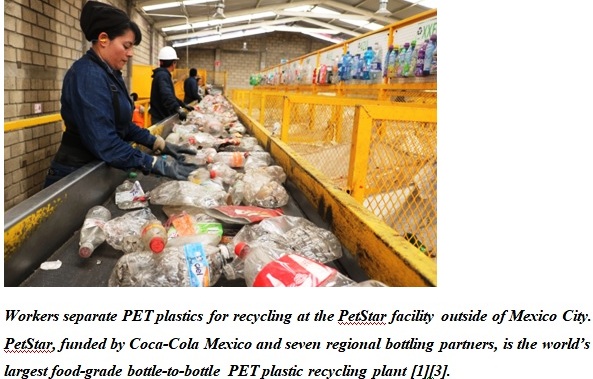
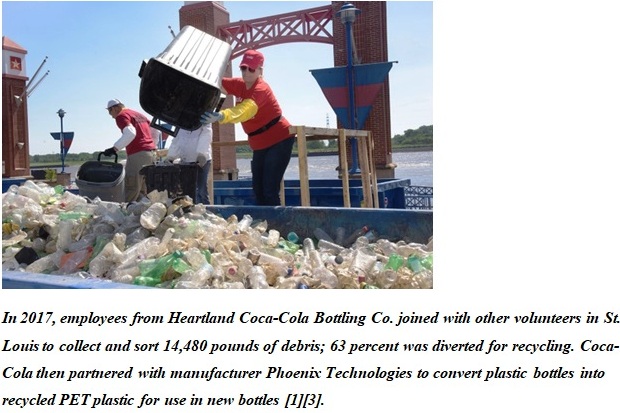
References
https://www.coca-colacompany.com/stories/world-without-waste
https://news.nationalgeographic.com/2018/01/sponsor-content-a-world-without-waste/
https://medium.com/@jamesquinceyko/why-a-world-without-waste-is-possible-8d75543354ea
http://www.climateactionprogramme.org/news/coca-cola-launches-world-without-waste-campaign
https://www.coca-colacompany.com/stories/great-things-come-in-innovative-packaging-an-introduction-to-plantbottle-packaging
https://www.ecostarplastics.com/pet-101/pet/
https://www.unenvironment.org/


